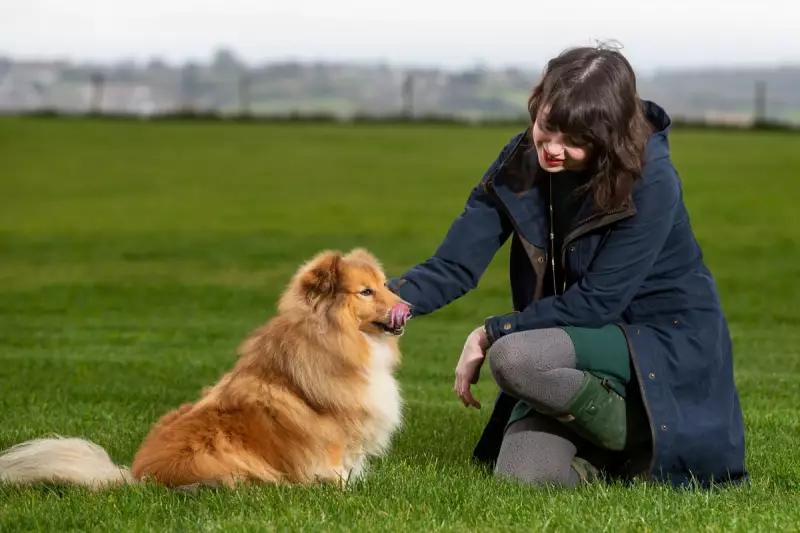
Move over, new babies - there's a different kind of parental leave sweeping across British households, and it involves four-legged family members. Groundbreaking research has uncovered that more than a quarter of UK pet owners are now officially booking time off work specifically to welcome and bond with their new animals.
The Rise of Paw-ternity Leave
A comprehensive study conducted by More Than insurance has revealed that 27% of British pet parents are embracing what's being dubbed 'paw-ternity leave.' This growing trend sees dedicated owners using their precious annual leave to ensure their new companions settle comfortably into their forever homes.
The research highlights a significant shift in how Britons view their pets, with increasing numbers considering them integral family members worthy of the same careful introduction as any new addition to the household.
Millennials Leading the Pack
When it comes to generational differences, the findings are particularly striking. Millennial pet owners are at the forefront of this movement, with nearly half (46%) admitting they've taken time off specifically for their new pets. This compares to just 18% of baby boomers, suggesting a generational evolution in how we approach pet ownership.
Younger generations are redefining the pet-owner relationship, viewing the initial adjustment period as crucial for building strong, lasting bonds with their animal companions.
Beyond the Welcome: Ongoing Pet Care Commitments
The dedication doesn't stop after the initial settling-in period. The study found that nearly a third (31%) of pet owners have taken time off work to care for unwell animals, demonstrating the depth of commitment British pet parents feel toward their furry friends.
This commitment extends to everyday care too, with the research revealing that the average UK pet owner spends approximately £1,300 annually on their animal's wellbeing, covering everything from veterinary care to premium nutrition and creature comforts.
What This Means for British Pet Culture
This trend reflects a broader cultural shift in how Britons perceive and prioritise their pets. No longer simply animals that live in our homes, they've become cherished family members whose emotional needs and wellbeing are taken as seriously as those of human relatives.
The phenomenon of paw-ternity leave demonstrates the evolving nature of the human-animal bond in modern British society, where pets are increasingly central to family life and emotional wellbeing.





